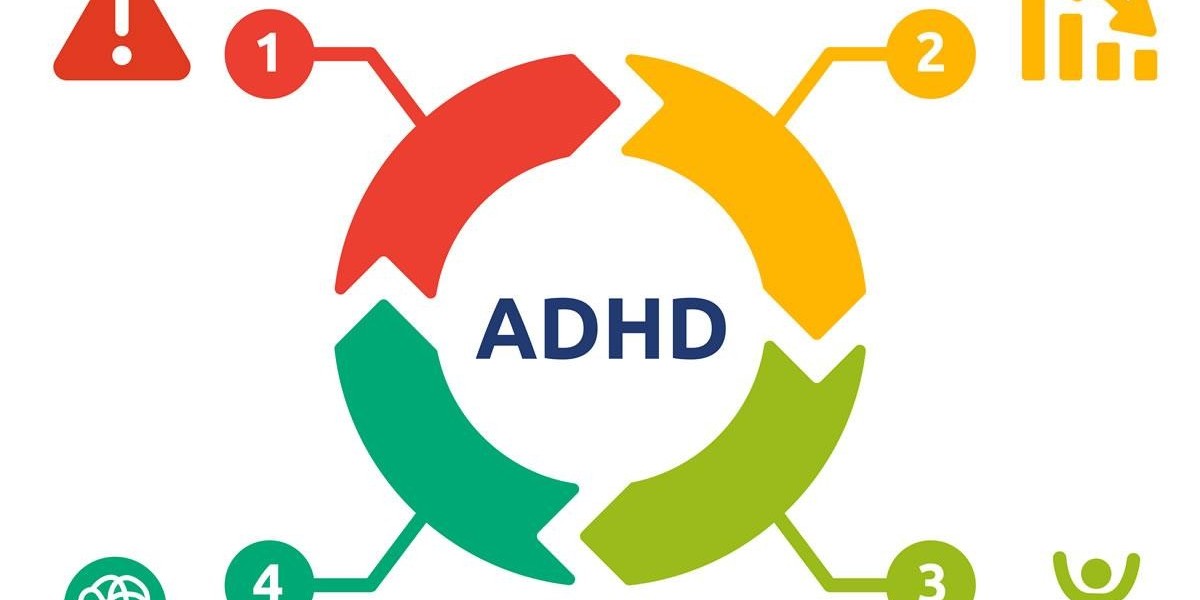Attention Deficit Hyperactivity Disorder (ADHD) is a neurodevelopmental disorder that affects individuals across various aspects of life, including academic performance. Understanding the specific challenges and implementing effective strategies is crucial for supporting students with ADHD in their educational journey.
Understanding ADHD symptoms
ADHD manifests primarily through three core symptoms: inattention, hyperactivity, and impulsivity. These symptoms can significantly impact a student's ability to thrive academically.
Inattention:
It can be challenging to maintain focus on tasks or activities.
Easily distracted by external stimuli
Forgetfulness in daily activities and schoolwork
Hyperactivity:
Excessive fidgeting or squirming.
Difficulty remaining seated when required
Often talks excessively.
Impulsivity:
Acts without thinking through consequences
Interrupts other people's conversations or activities.
They struggle to wait for their turn during activities or conversations.
Challenges in Academic Settings
Students with ADHD face unique challenges in academic environments that can impact their performance and overall educational experience.
1. Difficulty with Organization and Time Management
ADHD often leads to challenges in organizing tasks, materials, and time.
Students may struggle with prioritizing assignments and meeting deadlines.
Disorganization can result in lost assignments or forgetting important dates like tests or project due dates.
2. Poor focus and attention
Inattention makes it challenging for students to concentrate during lectures or while studying.
They may miss crucial details or instructions, impacting their understanding of the subject matter.
Maintaining focus on lengthy assignments or readings becomes challenging.
3. Struggles with Test-Taking
ADHD symptoms can exacerbate anxiety during tests.
Students may rush through exams, leading to careless mistakes.
Difficulty recalling information under pressure affects performance on timed tests.
4. Social and behavioral issues
ADHD-related impulsivity can lead to social difficulties, affecting peer relationships.
Behavioral issues such as blurting out answers or being disruptive in class can result in disciplinary actions.
Peer rejection or bullying may further impact self-esteem and academic engagement.
Strategies for Supporting Academic Success
Effective strategies and accommodations can significantly improve academic outcomes for students with ADHD.
1. A structured learning environment
Provide clear and consistent routines for daily activities and assignments.
Use visual schedules and organizers to help students manage tasks and deadlines.
Break down complex tasks into smaller, manageable steps.
2. Active Engagement and Multisensory Learning
Incorporate interactive teaching methods that involve movement and hands-on activities.
Use visual aids, charts, and diagrams to enhance understanding and retention.
Encourage frequent breaks during study sessions to maintain focus.
3. Modified Assessments and Flexible Timings
To reduce anxiety, offer extended time or alternative testing settings.
Allow for frequent breaks during exams to mitigate attention deficits.
Use oral exams or alternative forms of assessment to accommodate diverse learning styles.
4. Behavioral Interventions and Positive Reinforcement
Implement behavior management techniques such as token systems or reward charts.
Provide constructive feedback and praise for effort and progress.
Foster a supportive classroom environment that emphasizes empathy and inclusion.
5. Collaboration Between Educators, Parents, and Healthcare Professionals
Maintain open communication channels to discuss the student's progress and challenges.
Develop Individualized Education Plans (IEPs) or 504 Plans that outline specific accommodations and goals.
Educate teachers and classmates about ADHD to promote understanding and support.
Conclusion
In conclusion, ADHD significantly impacts academic performance due to its effects on attention, hyperactivity, and impulsivity. However, with tailored strategies and support systems in place, students with ADHD can thrive academically. By understanding the challenges they face and implementing effective accommodations, educators and parents can empower these students to reach their full potential. Ultimately, fostering a supportive and inclusive learning environment is essential for ensuring academic success and enhancing the overall well-being of students with ADHD.







